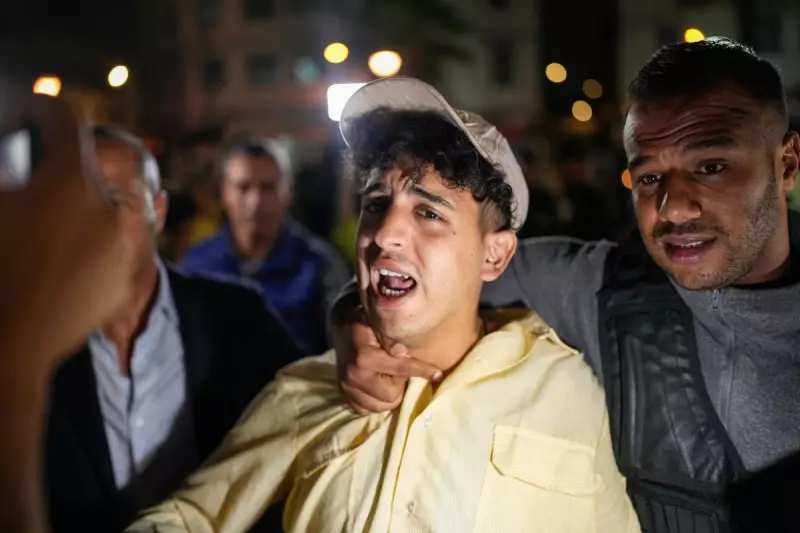
Moroccan authorities have detained fourteen individuals in the eastern city of Oujda following allegations they used social media platforms to coordinate anti-government protests. The arrests highlight growing tensions between digital activism and state surveillance in the North African nation.
Digital Crackdown Escalates
According to official statements, the suspects face serious charges including "using digital platforms to organise unauthorised protests" and "undermining public security." The case centres on their alleged activities across TikTok and Discord, where prosecutors claim they were mobilising demonstrators against government policies.
Platforms Under Scrutiny
The investigation reveals how authorities are increasingly monitoring popular social media sites that have become organising tools for dissent. "This represents a significant escalation in how Moroccan officials are treating online speech," noted digital rights activist Amal Zaytouni. "Platforms once considered for entertainment are now being treated as threats to national security."
Legal Proceedings Begin
The accused have been presented before the public prosecutor's office in Oujda, with formal legal proceedings now underway. Human rights organisations are closely monitoring the case, concerned about potential implications for freedom of expression and digital privacy rights across Morocco.
Broader Implications
This crackdown occurs amidst wider debates about internet freedom in Morocco, where authorities have periodically restricted social media access during periods of political tension. The Oujda arrests signal a more targeted approach towards individuals using encrypted or youth-oriented platforms for political organisation.
Legal experts suggest the case could set important precedents for how Moroccan courts balance national security concerns with digital rights protections in an increasingly connected society.





